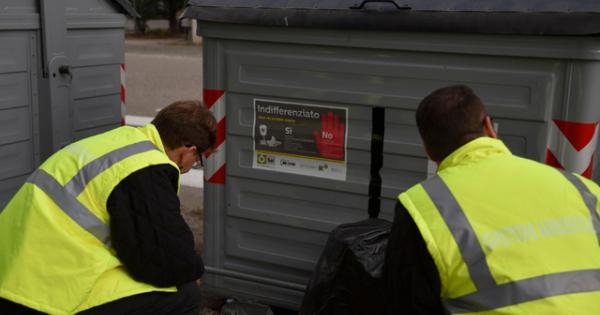ROMA – The richest 1% of citizens in the G20 countries holds 31% of total wealth (20 years ago it was 26%), while the poorest half of the population holds just 5%. The value of the assets of the richest 1% of the G20 has grown by 150% in real terms over the last two decades, now standing at 68,700 billion dollars, an amount equivalent to almost 2/3 of the planet’s GDP. This is what he reports Oxfam on the occasion of the opening of the G20 leaders’ summit in Brazil. Data that describes a trend of growing concentration of wealth at the top of the distribution pyramid and inequalities in patrimonial status which have been worsening.
Brazil holds the record for inequalities. The most unequal country in the G20, in terms of wealth distribution, is Brazil, where the wealthiest 1% holds 48% of national wealth, followed by South Africa with 42% and Argentina with 40%. %. In Italy, the top 1% held, at the end of 2022, 23.1% of net national wealth.
The paradox of the richest paying less taxes. “Not only are the concentration of wealth and economic inequalities increasing, but in several countries, including Italy, the richest taxpayers today pay, in proportion to their income or assets, fewer direct and indirect taxes and contributions than those with more modest incomes or smaller assets. To remedy this injustice, increasing the tax paid by the richest is now an essential choice. – underlines Misha Maslennikov, political consultant regarding tax justice of Oxfam Italy – we would make tax systems fairer and we would have considerable resources available to allocate to combating poverty and social exclusion and to fighting climate change, for which the representatives of the wealthier social groups also have greater responsibilities”.
The agreement at the G20 for tax fairness. For the first time in history, at the push of the Brazilian Presidency, the G20 finance ministers agreed last July to promote forms of international cooperation in tax matters aimed at ensuring greater fairness and progressiveness of tax systems. “The G20 summit represents an important step to give substance to this initiative and start coordinated work on the agenda Tax The Rich– adds Maslennikov – as has been loudly requested by millions of citizens from all over the world – including Europe and Italy – who have signed petitions and proposed legislative initiatives to increase taxation on the ultra-rich”.
The requests made by Oxfam
1) · strengthening international cooperation in tax matters, making it more difficult to hide capital offshore through the establishment of national registers of owners
effective numbers of companies, foundations and trusts and the automatic exchange of the information contained therein between tax administrations; the strengthening of the automatic exchange of information on the bank accounts of non-residents and its extension to real estate and crypto-assets;
2) · the definition of a new global standard, which ensures a more marked tax on the ultra-rich;
3) · the elimination of harmful tax regimes that exacerbate the race to the bottom between countries on personal taxation.
#Global #inequalities #appeal #G20 #Rio #Taxation #richest #postponed
–
What are the key factors contributing to the growing concentration of wealth among the richest 1% in G20 countries?
– 1. Introduction of the Guests: Please introduce yourself and share your professional background related to the topic of global wealth inequality and taxation.
– 2. Global Wealth Inequalities: The report by Oxfam suggests that the richest 1% of citizens in the G20 countries hold 31% of total wealth, while the poorest half holds just 5%. How do you analyze this trend of growing concentration of wealth at the top of the distribution pyramid? What are the consequences of such global inequalities?
– 3. Country Specific Data: Brazil holds the record for inequalities in wealth distribution, followed by South Africa and Argentina. How does Italy perform in this context? What are the reasons behind these disparities, both within and across countries?
– 4. Taxation of the Wealthy: The report highlights that in several countries, including Italy, the richest taxpayers pay fewer taxes proportionately to their income or assets. How can this issue be addressed to make tax systems fairer? What is the role of international cooperation in this regard?
– 5. G20 Agreement on Tax Fairness: The G20 finance ministers have agreed to promote forms of international cooperation in tax matters. How does this agreement align with the Oxfam’s requests? What are the potential outcomes of implementing these measures?
– 6. Oxfam’s Requests: Can you expand on Oxfam’s specific requests to address the global inequality issue? How do you think these measures would impact the economy and society at large?
– 7. Public Perception and Support: There has been a growing public outcry for taxing the rich and increasing accountability in tax systems. How can governments ensure transparency and public buy-in for these measures? What role do citizens and civil society organizations play in this process?
– 8. Conclusion: In your opinion, what are the biggest challenges and opportunities in addressing global wealth inequalities through taxation policies?


